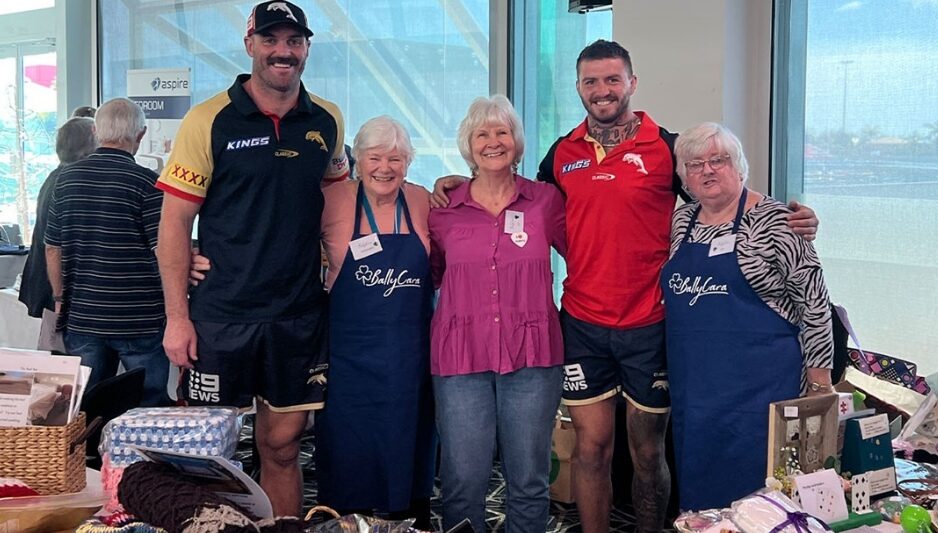[mkdf_dropcaps type=”normal” color=”#f55549″ background_color=””]T[/mkdf_dropcaps]
he Australian Olympic Committee (AOC) Athletes’ Commission has found through a survey of Olympians and Tokyo 2020 aspirants the majority believe athletes should be allowed to express themselves at the Olympic Games.
The survey also revealed more than 80% of respondents said a protest on the field of play would detract form the performance or experience of athletes, which was brought about from an International Olympic Committee (IOC) Athletes’ Commission initiative to explore different ways how athletes can practice self-expression.
The survey indicated 39.91% of respondents believe in self-expression depending on the circumstances, 19.16% believe in self-expression in any circumstances, with 40.93% believing the Olympic Games were not a place for athletes to publicly express their views.
AOC Athletes’ Commission chair, Steve Hooker, said the purpose is to better understand how athletes can and should express their beliefs in light with the principles enshrined in the Olympic Charter.
“Non-discrimination is one of the pillars of the Olympic movement,” Hooker said.
“We were interested in the balance between our athletes’ views on freedom of expression and their obligations to respect the rights of others.
“That obligation is captured in the Athletes’ Declaration of Rights and Responsibilities and is reflected in the IOC’s Rule 50.2 which specifically states – ‘No kind of demonstration or political, religious, or racial propaganda is permitted in any Olympic sites, venues or other areas.’
“While just over 40% of athletes more broadly felt there was no place for self-expression or protest at the Games, if you look at athletes from the 2010’s, that figure of those against falls away to just 19 percent.
“Nevertheless, the majority [of] that younger group felt opportunities in social media and media conferences were preferable to protest on the field of play or Olympic podium.
“We have made a number of recommendations around supporting those alternative options.
“There is a minority who have expressed strong views about the right to protest on the field of play or podium, so we have also recommended consideration be given about how an athlete can receive guidance, counselling and support if they do breach the IOC’s Rule 50.2,” he said.
Hooker also outlined work the Athletes’ Commission is doing in conjunction with the AOC Indigenous Advisory Committee to boost the awareness of Olympians on Aboriginal and Torres Strait cultures and experiences in Australia.
“Together we will conduct a forum during NAIDOC Week this year for Olympians as an important first step in educating Olympians on Australia’s Indigenous history,” Hooker said.
“There have been 52 proud Indigenous Olympians in Australia’s long history at the Olympic Games and we will be drawing on their stories and experiences as we take this project forward,” he said.







